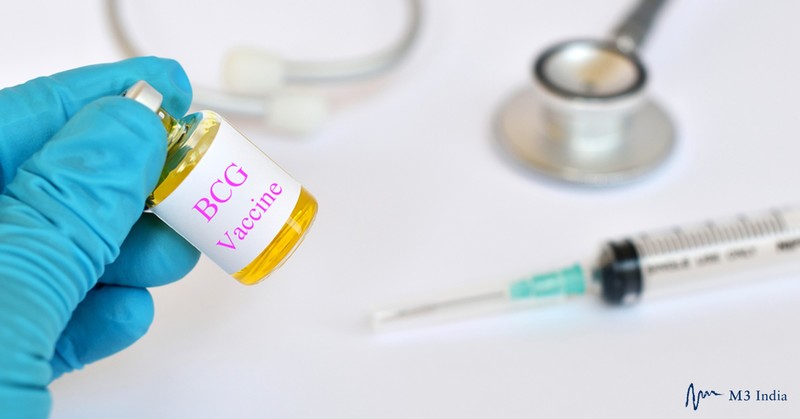One of the emerging questions about the coronavirus that scientists are working to understand is why developing countries are showing markedly lower rates of mortality in COVID-19 cases than expected.
For our comprehensive coverage and latest updates on COVID-19 click here.

Research by Assistant Professor Luis Escobar of the College of Natural Resources and Environment and two colleagues at the National Institutes of Health suggests that Bacille Calmette-Guérin (BCG), a tuberculosis vaccine routinely given to children in countries with high rates of tuberculosis infection, might play a significant role in mitigating mortality rates from COVID-19. Their findings have been published in the Proceedings of the National Academy of Sciences.
"In our initial research, we found that countries with high rates of BCG vaccinations had lower rates of mortality," explained Escobar, a faculty member in the Department of Fish and Wildlife Conservation and an affiliate of the Global Change Center housed in the Fralin Life Sciences Institute. "But all countries are different: Guatemala has a younger population than, say, Italy, so we had to make adjustments to the data to accommodate those differences."
